22 March 2025
Fantasy games have been a massive part of our lives, even if we don’t always notice it. From tabletop classics like Dungeons & Dragons to sprawling digital adventures like The Witcher 3: Wild Hunt, these games spark a sense of wonder, creativity, and connection that resonates far beyond their gameplay. But have you ever paused to think about how fantasy games shape pop culture and fire up our imagination? Let’s dive into this magical rabbit hole and explore their undeniable influence.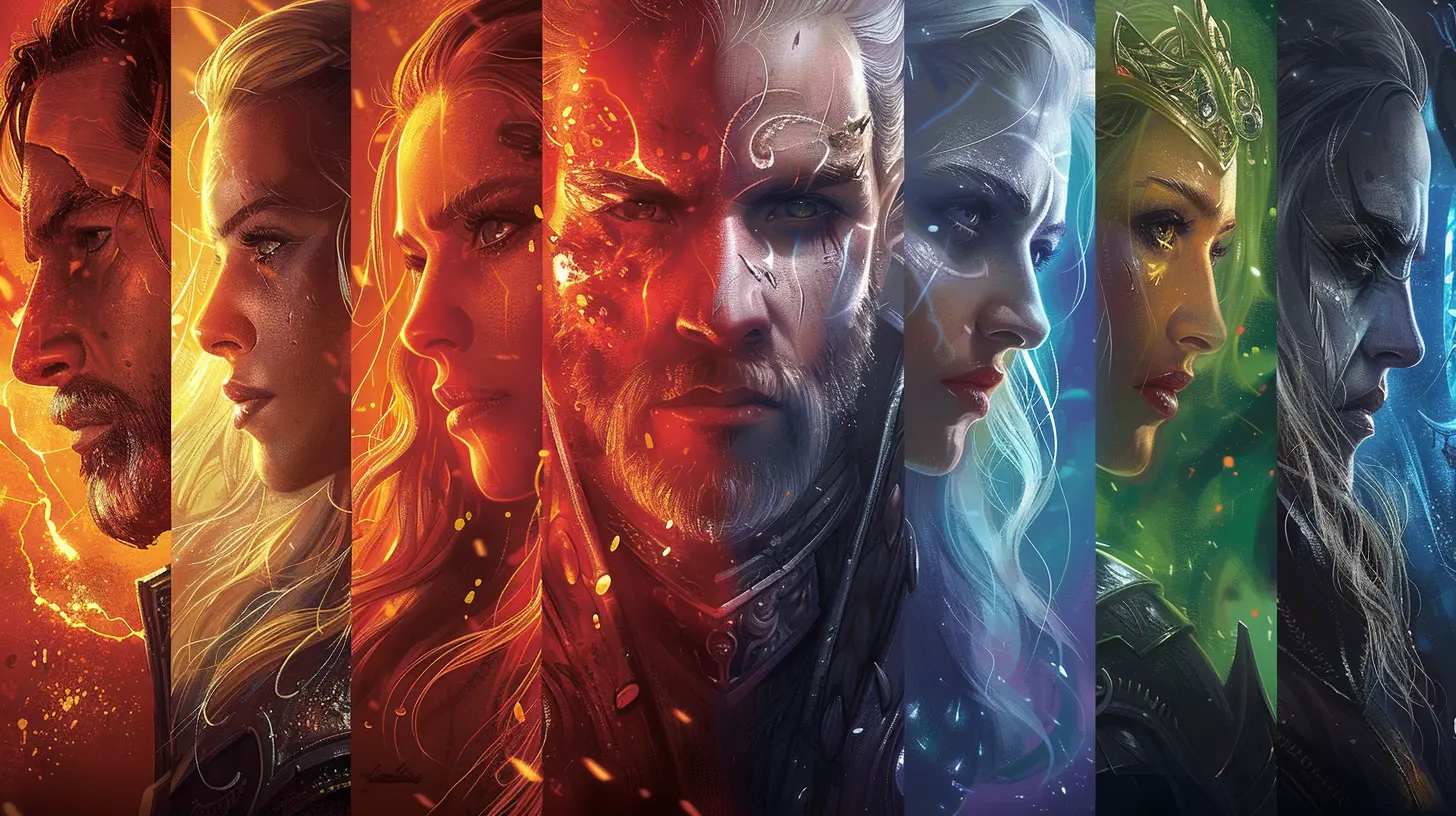
The Rise of Fantasy Games: A Brief Overview
Fantasy games weren’t always the global phenomenon they are today. In fact, their journey to mainstream popularity was nothing short of epic—think Frodo’s trek to Mordor, but with dice rolls.Back in the 1970s, when Dungeons & Dragons (D&D) first hit the scene, it was seen as a niche pastime for geeks. Fast forward to today, and you’ll find D&D referenced in hit shows like Stranger Things and The Big Bang Theory. Meanwhile, video game franchises like Final Fantasy and Elder Scrolls have captivated millions, creating universes that rival Hollywood blockbusters.
Here’s the thing: Fantasy games didn’t just grow—they evolved. They continually borrowed from and inspired popular culture, creating a blend of storytelling, art, and community that influenced entire generations. But how, exactly, does that happen?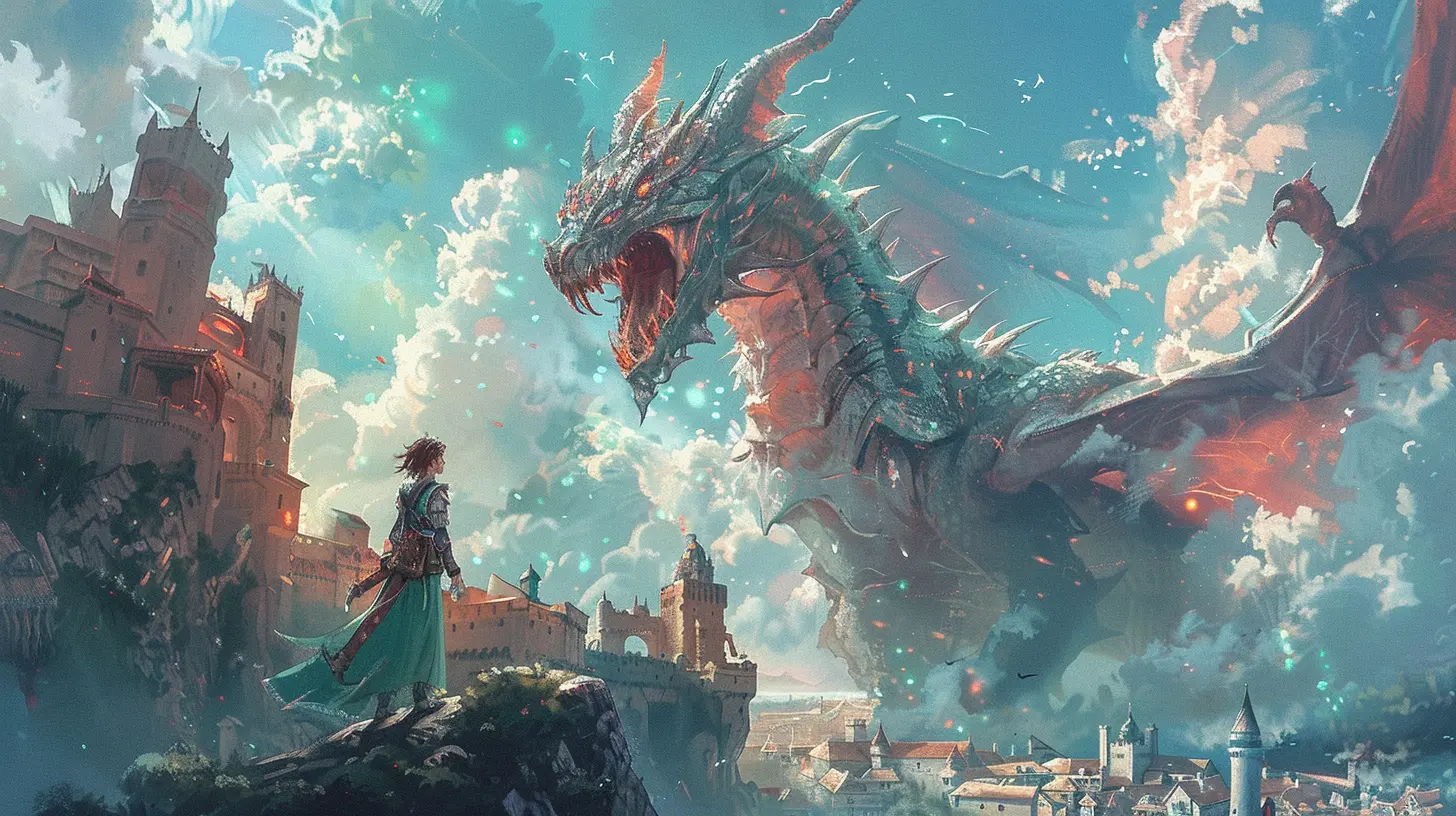
Crafting Rich Worlds That Inspire Pop Culture
Fantasy games are, at their core, about world-building. They don’t just hand you a map and call it a day; they invite you into meticulously crafted realms filled with unique lore, memorable characters, and epic conflicts. Think of Middle-earth, Westeros, or Azeroth—these are worlds you live in, not just visit.Video games like The Legend of Zelda: Breath of the Wild take this a step further by making exploration part of the experience. Players aren’t just audience members; they are participants in the story. You’re the hero, the villain, or maybe just a wandering bard with a lute and a dream.
These worlds, in turn, spill into pop culture. How many times have you seen a Triforce tattoo, overheard someone shout, “Fus Ro Dah!", or seen cosplayers decked out as Geralt of Rivia? Fantasy games give people a universe to fall in love with, and when they do, they carry that love into every corner of their lives—music, fashion, art, you name it.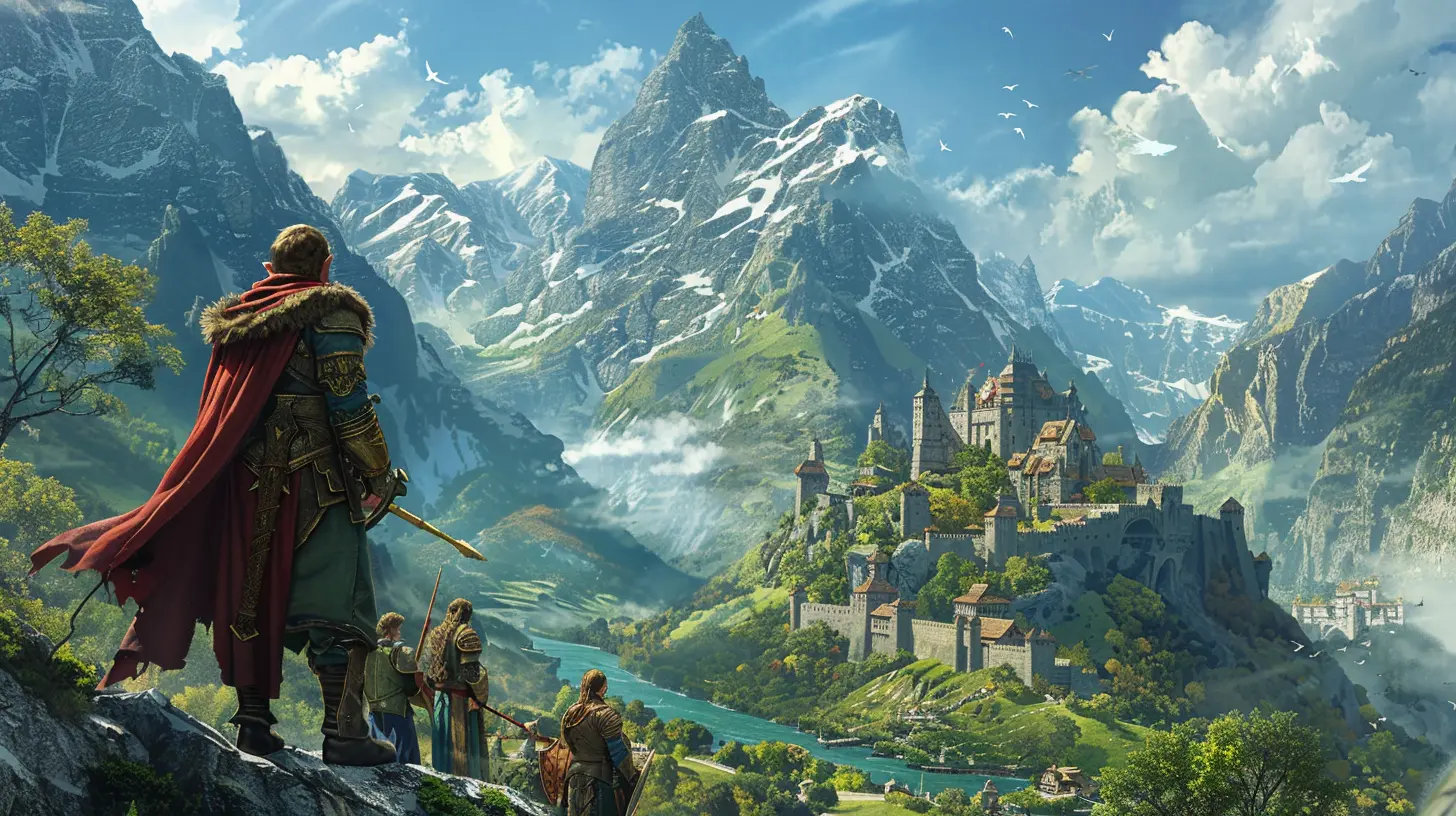
Fantasy Games: The Ultimate Playground for Imagination
Let’s be honest—our imaginations are like muscles. If we don’t use them, they get a little out of shape. Fantasy games are like the ultimate gym for creativity.When you’re playing a fantasy RPG (role-playing game), you’re not just following a storyline. You’re making choices, shaping characters, and sometimes even crafting your own narrative. D&D, in particular, puts imagination front and center. You’re encouraged to think outside the box, solve problems creatively, and imagine yourself as a brave rogue, a wise wizard, or a chaotic neutral bard with questionable moral standards.
This imaginative exercise doesn’t just stay at the table or behind the screen. It seeps into how you see the world. Writers, directors, and artists often cite fantasy games as the spark that ignited their creativity. Take Game of Thrones author George R.R. Martin—he’s been open about his love for world-building and fantasy, and while he didn’t specifically cite games, you can see the shared DNA.
Fantasy games don’t just entertain; they train us to dream bigger, imagine bolder, and look at the world with a more curious eye.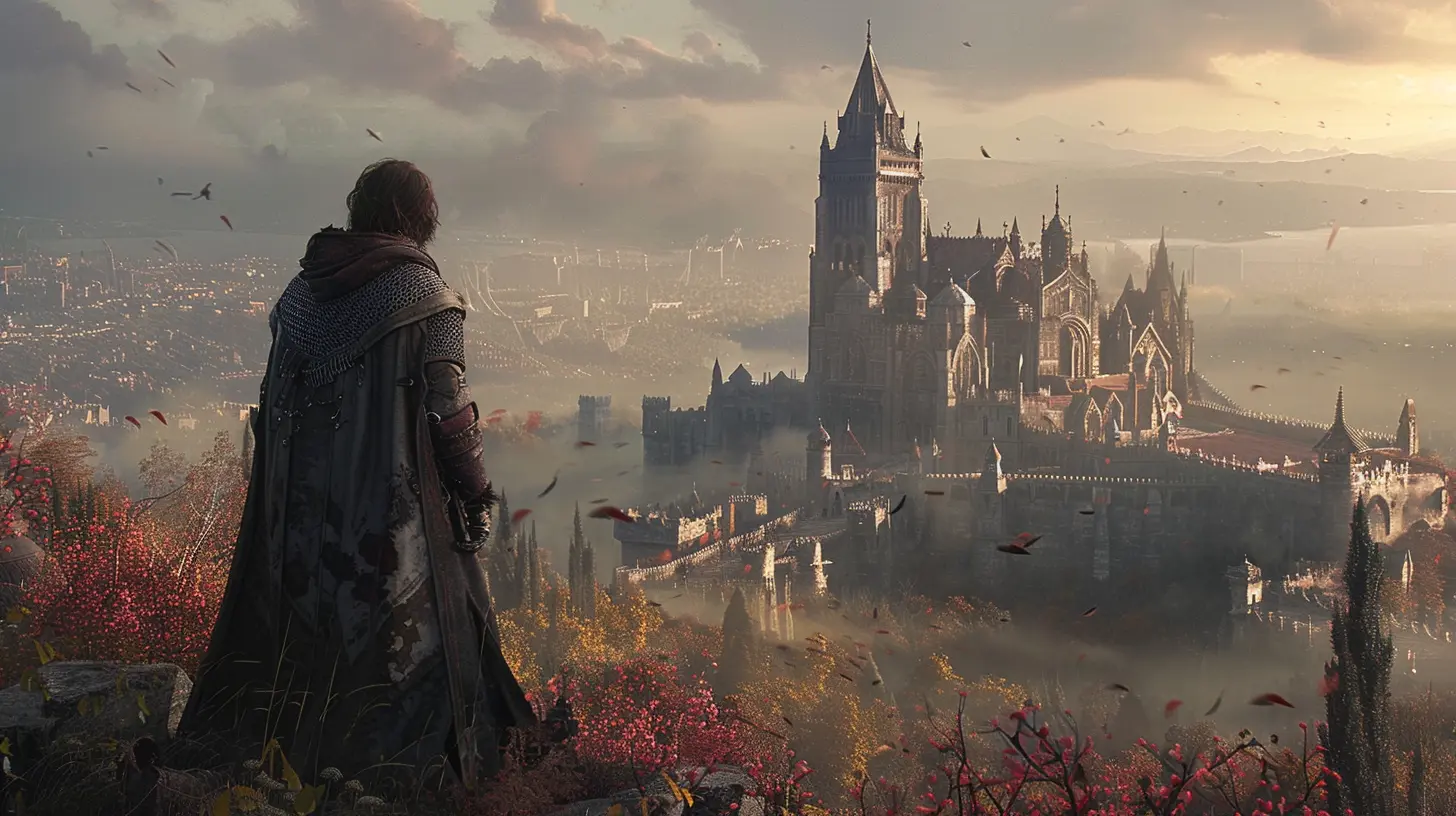
Redefining Storytelling Across Media
One of the biggest ways fantasy games shape pop culture is through storytelling. Unlike movies or books, games let you be a part of the story. You get to feel the stakes, make the choices, and live the moments.Take The Witcher series, for example. Initially, it was just a beloved Polish fantasy book series. But when CD Projekt Red turned it into a video game franchise, it exploded in popularity worldwide. Suddenly, we were seeing Netflix adaptations and memes about Geralt taking relaxing baths.
This interconnection between fantasy games and storytelling also influences other media. Story-driven games like Mass Effect and Dragon Age have redefined how we think about character arcs, morality systems, and emotional payoffs. And let’s not forget the cinematic influences! Heck, The Last of Us series was so impactful that it got its own TV adaptation—and broke records while doing it.
The Social and Collaborative Side of Fantasy Games
Fantasy games aren’t just a solo adventure. They’re inherently social. Whether you’re teaming up in a raid in World of Warcraft or gathering around a table for a D&D session, these games foster connection.In the age of the internet, fantasy games have given rise to massive online communities. Twitch streamers like Critical Role have turned live D&D campaigns into global phenomena, proving that watching someone else play can be just as entertaining as playing yourself.
These communities aren’t just about the games—they’re about shared passion and creativity. Fans create fan art, write fanfiction, and even build their own mods to expand the universes they love. It’s like a snowball effect: the bigger the fandom, the more influential fantasy games become in shaping pop culture.
Fantasy Games and the Mainstream Boom
It wasn’t always cool to love fantasy games. For decades, they were seen as a niche interest, something for “nerds” or “dorks.” But times have changed.These days, fantasy games are everywhere. They’ve crossed into mainstream media in ways we never imagined. From Henry Cavill proudly nerding out about The Witcher to massive events like BlizzCon and Gamescom, fantasy games are no longer a subculture—they’re just culture.
And hey, let’s not ignore how the Marvel Cinematic Universe and other superhero franchises have leaned into fantasy elements. The lines between genres are blurring, and fantasy games have played a huge role in normalizing and celebrating imaginative storytelling.
Why Fantasy Games Will Always Be Relevant
So, why do fantasy games resonate so deeply? The answer is simple: They tap into something universal. They remind us that the world is full of possibilities, that magic could be lurking just around the corner, and that we all have the power to shape our own destinies—if only in a game.In a world that can sometimes feel mundane or even overwhelming, fantasy games offer an escape. But more than that, they offer a mirror. They reflect our hopes, fears, and deepest desires in a way that feels both personal and universal.
As technology continues to evolve, fantasy games will only get more immersive. Virtual reality, augmented reality, and AI-driven storytelling are already pushing the boundaries of what’s possible. The future of fantasy games isn’t just bright—it’s luminous.
Conclusion
Fantasy games are so much more than just a way to kill time. They’re a cultural force, a creativity engine, and a playground for the imagination. They’ve shaped pop culture in ways that are both obvious and subtle, leaving their fingerprints on everything from movies to fashion to social media trends.So, the next time you roll a D20, slay a dragon, or wander through a mystical forest, remember—you’re not just playing a game. You’re taking part in a cultural phenomenon that’s changing the world, one enchanted sword at a time.

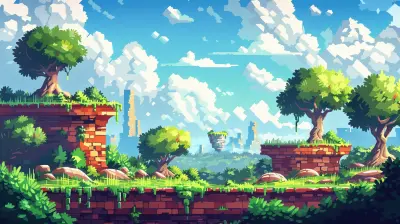
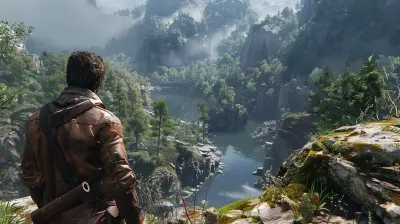
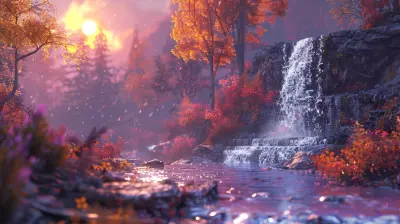
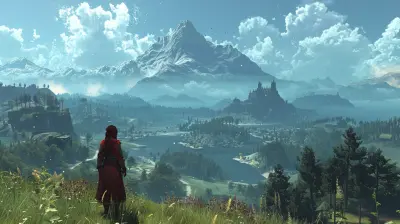

Rowan McGee
Fantasy games significantly influence pop culture by crafting immersive worlds that spark creativity and imagination. They provide players with narratives that blur the lines between reality and fantasy, fostering a shared cultural language. As these games evolve, they continue to inspire art, literature, and media, shaping societal norms and collective dreams.
April 1, 2025 at 4:46 PM